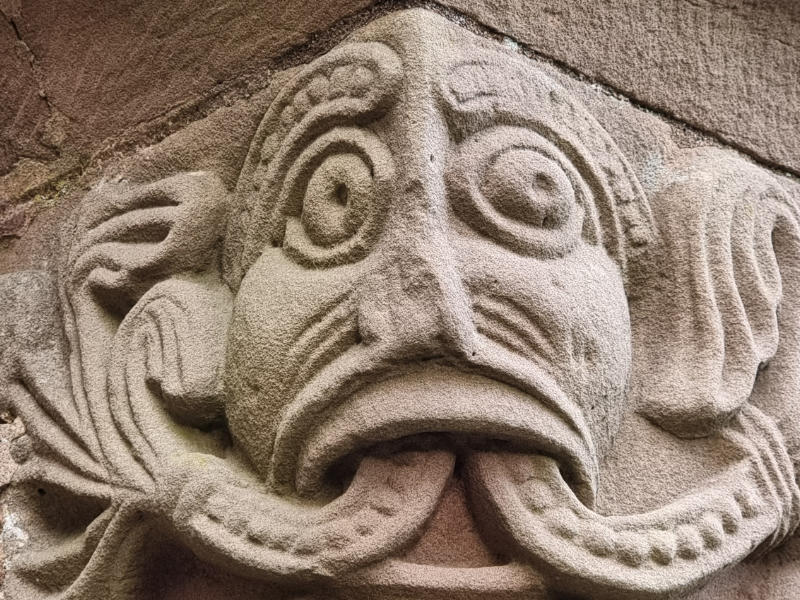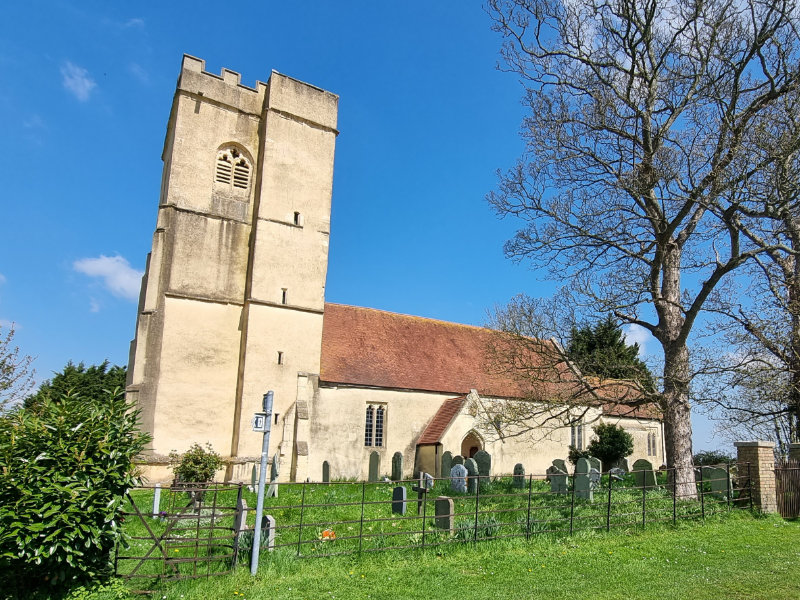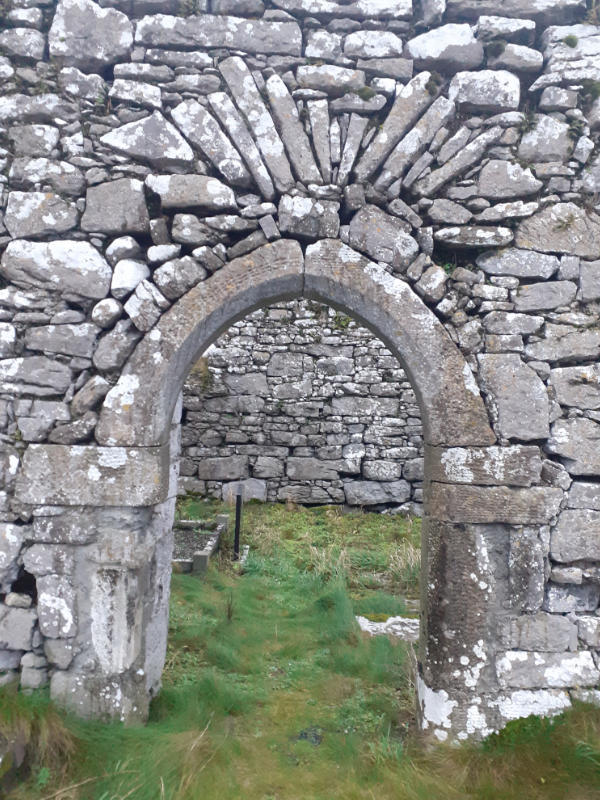Church Archaeology
Undertaking church archaeology
A lot of work has been carried out in the last few years and continues to be carried out, to make churches more accessible for visitors and congregations in the 21st Century. This often includes the addition of toilet blocks, ramps and pathways.
Church archaeology works a little differently from general planning applications in that permission for any works has to be gained from the Diocese through a faculty and the requirement for archaeological works will often come as a condition of this. Sometimes permission is also required from the Local Authority.

For obvious reasons archaeological features and human remains commonly turn up when working inside churches and graveyards and, without care, this can result in delays to the programme or unnecessary disturbance to human remains.
Ambrey Archaeology have considerable experience of working in graveyards, liaising with diocesan archaeologists, contractors, PCCs and church staff, as well as curators from Local Authorities, to ensure that the works progress with a minimum of delay and with due respect to buried remains and other features.
This can sometimes require the excavation of graves and reburial in an alternative location within the curtilage.

Talk to us about your project
Call Elizabeth or Tom on 01568 780 918 or send us a message via our contact form below. We look forward to talking with you.
Frequently Asked Questions
Why do I have to pay for archaeology and how much does it cost?
Archaeological works have been a part of planning law since 1990. The purpose of archaeological works is to ensure that these irreplaceable remains are not lost to development. Over the last 33 years, thousands of archaeological sites have been recorded ahead of...
What happens if you find human remains?
It is unusual to encounter unexpected human remains in the course of archaeological work, but if this happened best practice guidance would be followed. The remains would initially be left in situ, covered and protected and the local Coroner would have to be informed....
What happens if you find treasure?
It’s very rare to find artefacts of any monetary value on archaeological sites but in the event that any artefacts are encountered that would constitute ‘treasure’ (as defined by The Treasure Act, 1996) Ambrey Archaeology would be obliged to report the find to the...
What happens if you find a Roman villa?
Prior to carrying out archaeological evaluations and watching briefs, the likelihood of encountering a villa or something equivalent is considered, sometimes with the use of a desk based assessment or geophysical survey, with the purpose of avoiding this outcome....

